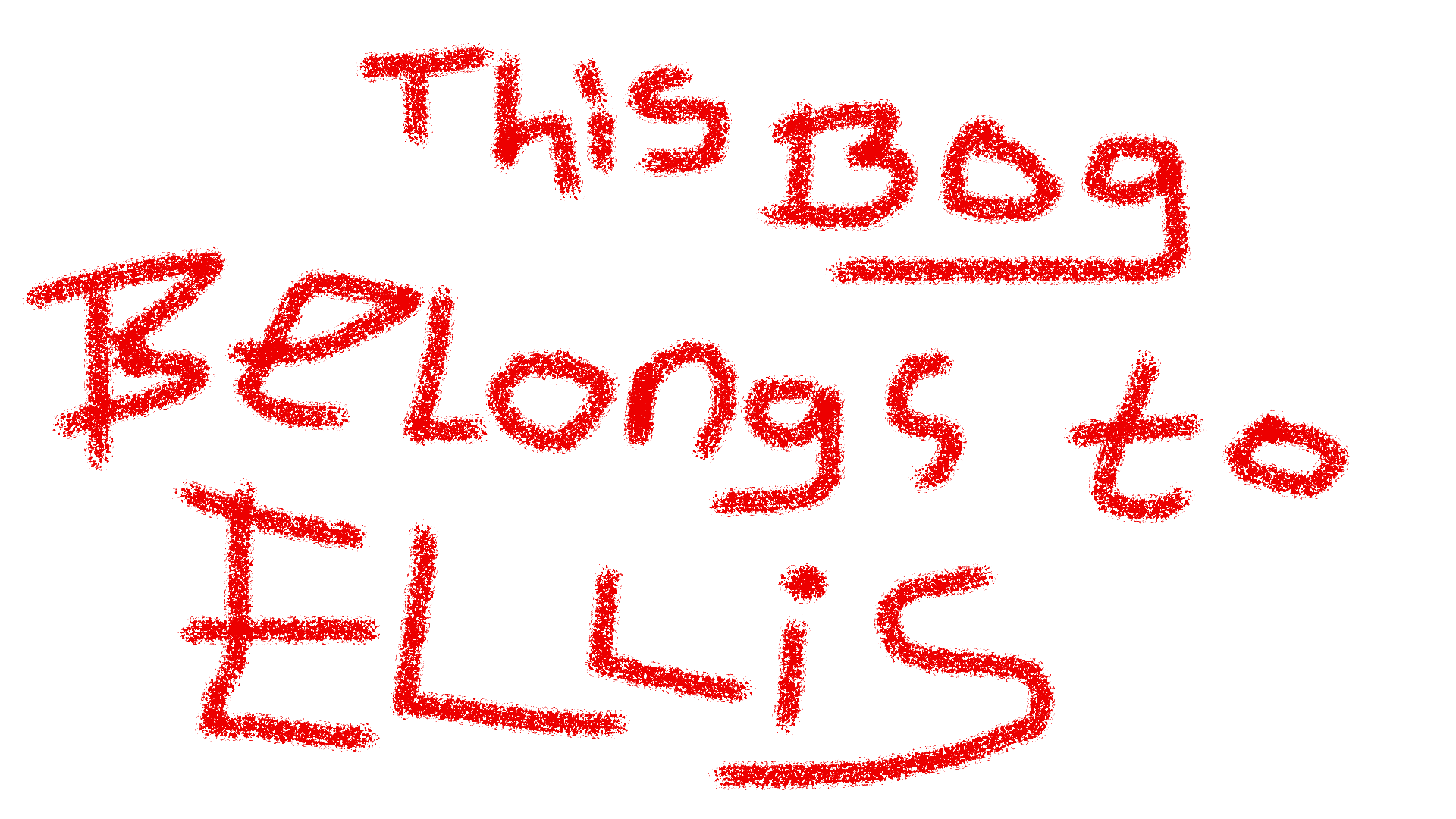General Data Protection Regulation (GDPR)
This framework came into force across the EU on 25th May 2018. It was accompanied by the law enforcement Directive which established data protection standards in the area of criminal offences and penalties. The GDPR outlines two types of data:
Personal Data: “data that relates to or can identify a living person, either by itself or together with other available information. Examples of personal data include a person’s name, phone number, bank details and medical history.” Organisations that collect or use these are known as data controllers and data processors.
Special category personal data: this includes the data subject’s racial or ethnic origin, political, religious or philosophical beliefs, trade union membership, physical or mental health, sexual life, if they have allegedly committed or allegedly committed any offence and any proceedings relating to these. “The processing of special category data is prohibited unless the data subject has given their explicit consent before processing begins or the processing is authorised by law, for example, to protect the interests of a data subject, to comply with employment legislation or for reasons of public interest.”
“Organisations and businesses are required to be fully transparent about how they are using and safeguarding personal data, and to be able to demonstrate accountability for their data processing activities.”
Privacy should be built into the processing system from the outset. For example, only the data that is most necessary for their purposes should be collected. Up-to-date records should be kept to track where the data has been, who’s got control of it and the security measures in place. Controllers are obliged to keep data secure and report any breaches.
Intellectual Property in Internet Law
Some key points (source)
- You cannot steal a copyright, trademark, or patent, and you certainly cannot profit from doing so.
- You should check for a creative commons or fair use agreement before using another party’s photograph or other visual.
- You are unlikely to be able to copyright website code.
- Plagiarism must still be avoided, even when “article spinning” (creating what appears to be new content from what already exists)
- Online piracy is not permitted.
- Anti-Cybersquatting Consumer Protection Act (ACPA), which prevents you from claiming domain names representative of other legal entities.
- No Electronic Theft Act, which compels you to respect copyright whether or not you have profit in mind.
Some rules in regards to online marketing:
- Disguising ads to seem like regular web page material.
- Releasing customers’ information without their consent.
- Tagging a higher “original price” on a product to make the current price seem like a bargain.
- Describing unusual results as typical.
- Sending off promotional texts without authorization.










